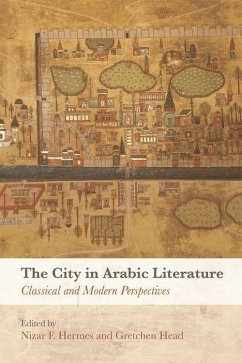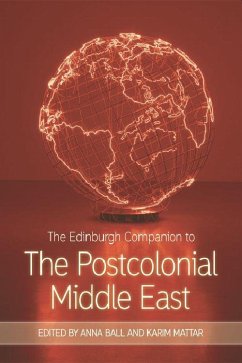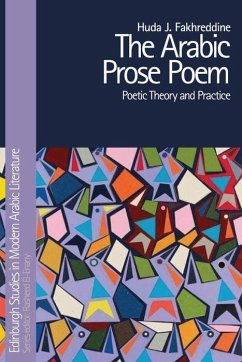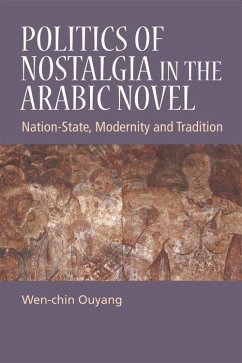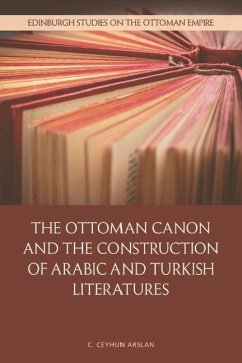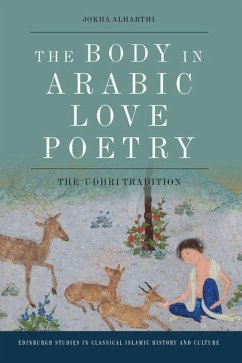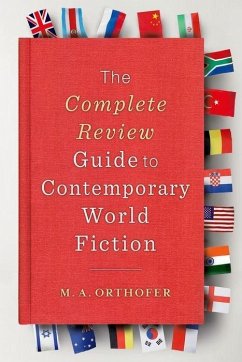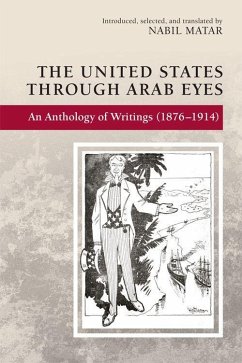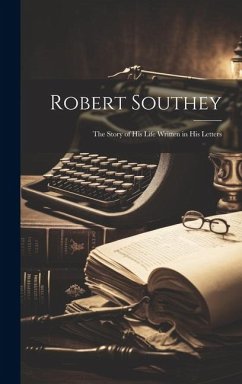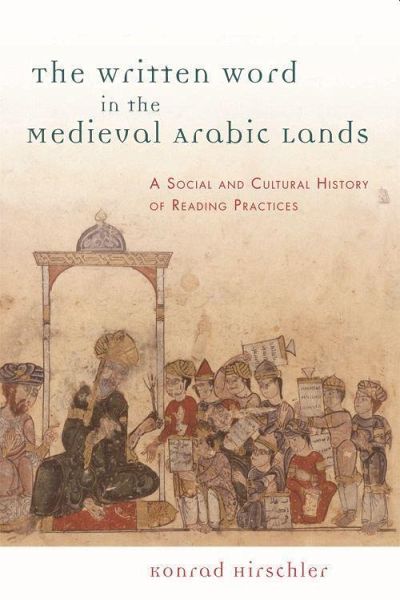
The Written Word in the Medieval Arabic Lands
A Social and Cultural History of Reading Practices

PAYBACK Punkte
54 °P sammeln!
This book discusses the history of reading in the high and late medieval period in the Middle East in depth. It offers a detailed and wide-ranging analysis of the period, exploring the key themes of literacy, orality and aurality.
Author Approved Discusses how the written text became accessible to wider audiences in medieval Egypt and Syria. Medieval Islamic societies belonged to the most bookish cultures of their period. Yet the chronological development of how and when different sections of the population started to use the written word remains understudied. This book argues that the uses of the written word significantly expanded in Egypt and Syria between the eleventh and the fifteenth centuries CE. This process of textualisation went hand in hand with a closely linked second process, popularisation, as wider groups within society started to participate in individual and communal reading acts. New audiences in reading sessions, changed curricula in children's schools, increasing numbers of endowed libraries and the appearance of popular literature in written form all bear witness to the profound transformation of cultural practices and their social contexts. Using a wide variety of documentary, narrative and normative sources, the book explores the growth of reading audiences in a pre-print culture. Konrad Hirschler is Senior Lecturer in the History of the Near and Middle East at SOAS, University of London. He is the author of /Medieval Arabic Historiography: Authors as Actors/ (2006) and co-editor of /Manuscript Notes as Documentary Sources/ (2011).




